Poynter Events
2017
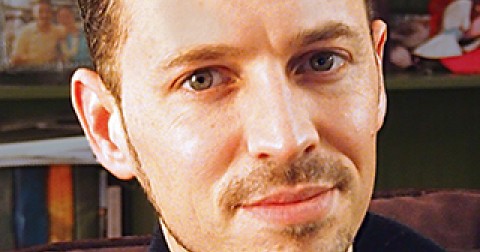
Science deputy news editor and award-winning journalist David Grimm shares his insights on turning scientific concepts into user-friendly language, how scientific papers become news stories, and how he made the transition from scientist to science journalist.
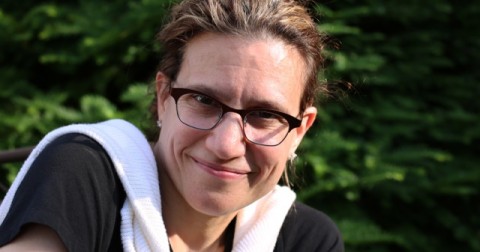
Yale School of Art Alumni Panel
Sharon Louden MFA 1991, moderator
Ellen Harvey JD 1993, Panelist
Alpesh Patel BA 1997, Panelist
Chloe Bass BA 2006, Panelist
Sponsored by the Traphagen Fund, the Poynter Fellowship and the School of Art
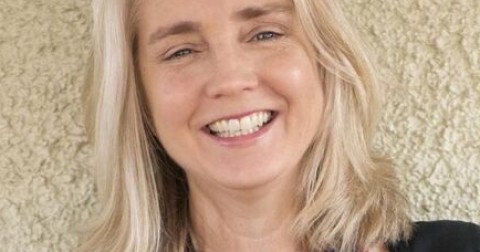
Moderated by Professor Michael J. Sernyak, MD: Director and CEO of the Connecticut Mental Health Center; Deputy Chair for Clinical Affairs and Program Development and Director of the Division of Public Psychiatry, Yale School of Medicine
Questions/More Information: Kyle Pedersen (kyle.pedersen@yale.edu, 203-974-7089)
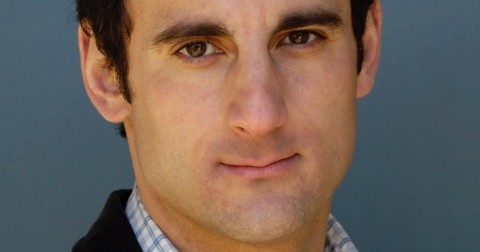
Cosponsored by Archaia, Yale Divinity School and the Classics Library
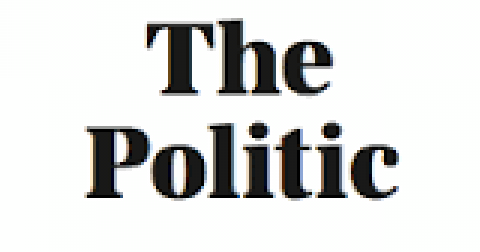
The Politic’s first documentary, Resettled: New Haven’s Refugee Community explores New Haven’s refugee community and advocates in a shifting political landscape. It also features the voices of resettlement coordinators, community activists, and young refugees from Syria, the Democratic Republic of Congo, and Iraq, all of whom now live in New Haven.
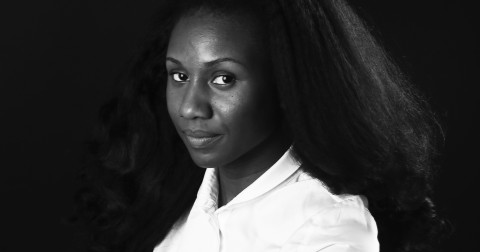
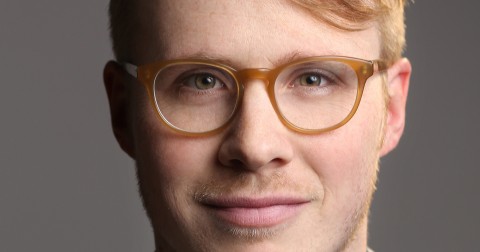
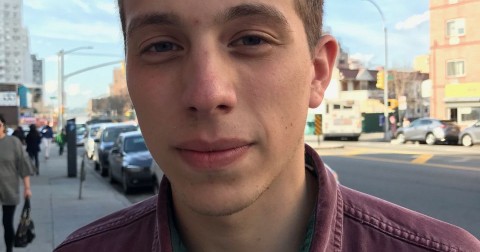
Cosponsored by RITM and Film & Media Studies
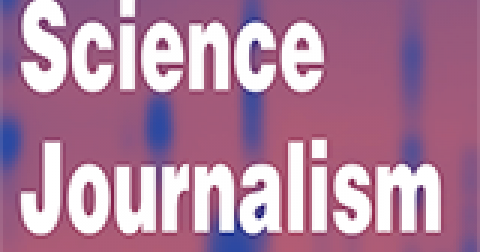
About this Event
Featuring Radiolab’s Molly Webster, This Week in Virology’s Kathy Spindler, Nautilus’ Michael Segal, and FiveThirtyEight’s Maggie Koerth-Baker.
Lunch will be provided.
Please visit the YSJS FaceBook page for more information and a schedule of events: facebook.com/ysjs201.
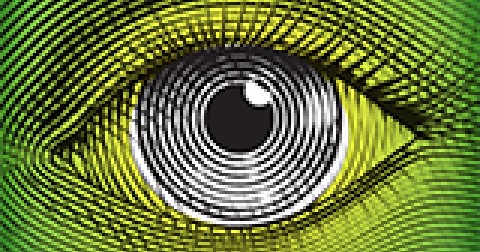
Featuring:
Dan Kahan, Elizabeth K. Dollard Professor of Law and Professor of Psychology
Meg Urry, Israel Munson Professor of Physics and Astronomy
David Hafler, William S. and Lois Stiles Edgerly Professor of Neurology and Professor of Immunobiology; Chair, Department of Neurology
Moderated by:
Carl Zimmer, Science writer, author of New York Times’ Column “Matter”
Alison Snyder, Science Editor, Axios
In the era of “post truth” and fake news, what are the implications for science? When is a fact a fact? What is the relationship between truth and the pursuit of scientific knowledge? How can breakthroughs in science be communicated to a public that polls suggest has grown more leery of expertise? Two days before the March for Science, these and other related to science communication will be explored in an unusual forum featuring interviews with three of Yale’s great professors: Dan Kahan, Meg Urry, and David Hafler. Their experiences underscore the difficulties facing scientists in a mistrustful and partisan age.